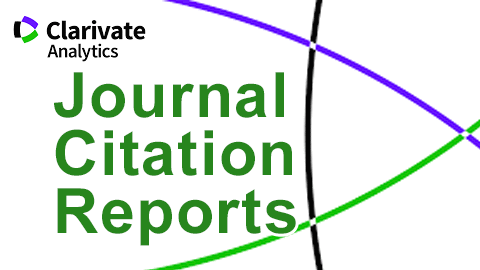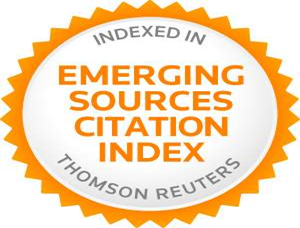Appraisal in the Russian Press: the characterisation of the Ukranian leaders
Palabras clave:
Invoked appraisal, irony, metaphor, allusions, humour, dialogic engagement, Russian public discourseResumen
The purpose of this paper is to uncover the means of inviting negative perceptions of Ukrainian leaders (the former President Yushchenko and Prime Minister Timoshenko) in the Russian press. Russian newspapers with the highest rates of circulation have provided the empirical base for this research. Appraisal theory has constituted the main theoretical framework. Other approaches such as conceptual metaphor theory, allusions and intertextual metaphors, semantic script theory of humour, irony research and a cognitive-stylistic approach to characterisation have been incorporated into the main framework, since the hidden evaluative devices include metaphors, allusions, irony and teasing, as well as narratives on the characters’ disposition. The paper focuses on the techniques of foregrounding negative factors in heterogeneous discourse which include formulations of conditional acceptance of positive views and the attribution of value-laden opinions. Contextual cues and culture-based knowledge have been analysed as stimuli to the negative interpretations of ambivalent statements. Graded salience hypothesis and online concept construction have been used to substantiate negative preference in interpretation. Overall, the paper supports the claim that subtle ways of delivering evaluation have a strong impact on readers, since these devices are hard to recognise and dispute.Descargas
Publicado
Número
Sección
Licencia
Derechos de autor 2021 Ludmilla A'Beckett'

Esta obra está bajo una licencia internacional Creative Commons Atribución-NoComercial 4.0.
Reconocimiento – No comercial (CC BY-NC). Bajo esta licencia el usuario puede copiar, distribuir y exhibir públicamente la obra y puede crear obras derivadas siempre y cuando estas nuevas creaciones reconozcan la autoría de la obra original y no sean utilizadas de manera comercial.
Los autores retienen todos sus derechos de publicación y copyright sin restricciones.








